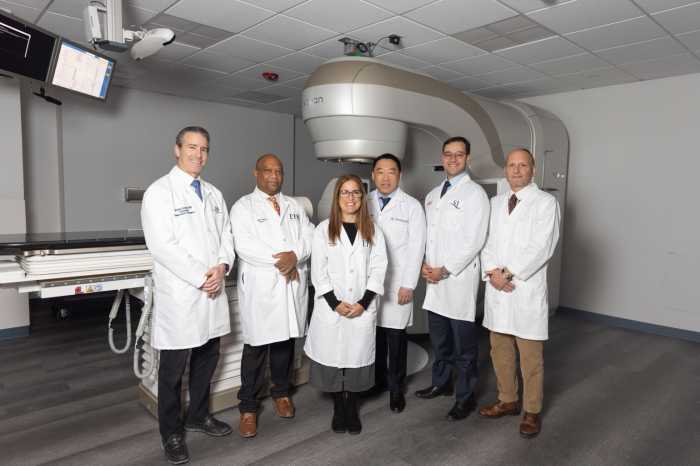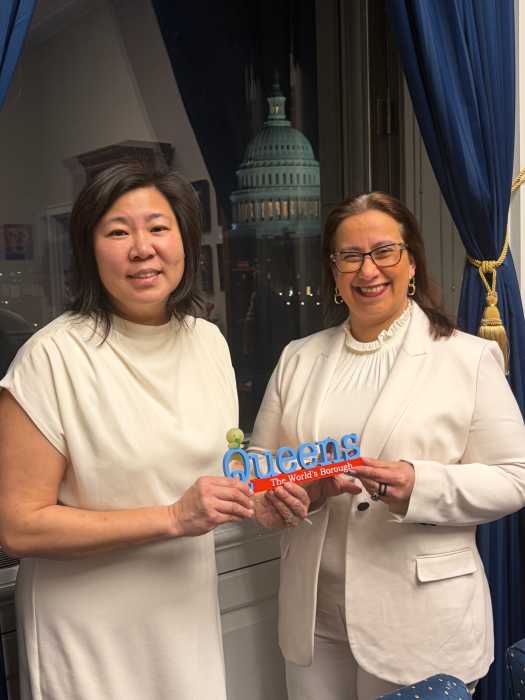n preparing various documents for an individual to sign as part of an overall estate plan, the question often arises as to how much capacity must the individual have in order for the documents to be valid. The answer is that a different level of capacity is required by the individual depending on the document being signed.
For example, in order to effectively execute a will, an individual must have so-called “testamentary capacity.” Having testamentary capacity means that the individual signing the will (referred to as the Testator) must understand the consequences of signing the will, know the nature and extent of his property and also know the natural objects of his bounty (i.e., his family/beneficiaries) and his relationship to them.
Interestingly enough, there are few limitations placed on a person’s ability to execute a will. The individual does not have to understand the intricacies of his finances or all the details of his holdings. A general idea of what assets he/she owns is sufficient to meet this test. The capacity required to make a will is actually less than that required to conduct many other legal transactions. Conversely, the act of executing a trust is viewed as signing a contract, which requires a higher level of capacity.
There is no applicable law for the requisite capacity to sign health care proxies. New York’s Public Health Law does provide that every adult is presumed competent to appoint a health care agent and the burden of proving mental incompetence is upon the party asserting it. However, where there is medical evidence of mental illness or mental defect, the burden shifts to the family member or loved one to prove by “clear and convincing evidence” that the person executing the document had the requisite mental capacity. (In re Rose S., 741 N.Y.S.2d 84, 2002.) It should be noted that clear and convincing evidence is a very high evidentiary standard.
In a power of attorney, an individual enters into a “principal/agency” relationship in which the principal, i.e., Mom (or the individual granting the power), gives certain powers to the agent, i.e., a son or daughter (the designee(s) of the power), to act on her behalf. To execute a valid power of attorney, the principal must have sufficient mental capacity at the time of execution. Earlier case law has held that a person’s capacity to enter into a legal relationship of “agency,” i.e., appointing an agent, is dependent upon whether the person has the same power that a “normal” person would have to enter into such relationships under the same circumstances. If a person lacks power to enter into a legal transaction because of a personal characteristic, then he is said to lack “capacity.” Unfortunately, this standard does not provide the practitioner with clear guidelines.
Typically, the preparation and execution of the above described documents are overseen by an attorney who has significant experience in this area and is capable of ascertaining the extent of the individual’s capacity and his/her ability to sign.
A seasoned attorney who has doubts as to an individual’s capacity will take additional measures to ensure that the execution of documents is done properly. Such measures may include an additional meeting with the client to ascertain that he/she has the requisite capacity. It is important that this meeting take place with the attorney and staff members of his firm, but away from family and friends who might influence the individual’s responses.
Other measures include having the individual assessed by a medical professional who can ascertain that the individual has capacity, or at a minimum that the individual has lucid moments. Further, additional witnesses should be obtained who can attest that the individual is of sound mind and oriented as to time and place. These precautions will ultimately ensure that the client’s wishes, both from a financial and medical point of view, will be carried out.
Ronald A. Fatoullah, Esq., CELA, is the principal of Ronald Fatoullah & Associates, a law firm that concentrates in elder law, estate planning, Medicaid planning, guardianships, probate, trusts and wills. The firm has offices in Forest Hills, Great Neck, Manhattan, Brooklyn and Cedarhurst, NY. Mr. Fatoullah has been named a “fellow” of the National Academy of Elder Law Attorneys and is a former member of its Board of Directors. He has also served on the Executive Committee of the Elder Law Section of the New York State Bar Association for over 15 years. Mr. Fatoullah chairs the Legal Committee of the Alzheimer’s Association, LI Chapter and serves on its Board of Directors. He is also a co-founder of the Senior Umbrella Network of Queens, and currently serves on its Board of Directors. This article was written with the assistance of Debby Rosenfeld, Esq., a senior staff attorney at the firm. The firm can be reached by calling 718-261-1700, 516-466-4422 or toll free at 1-877-ELDER-LAW or 1-877-ESTATES.


































